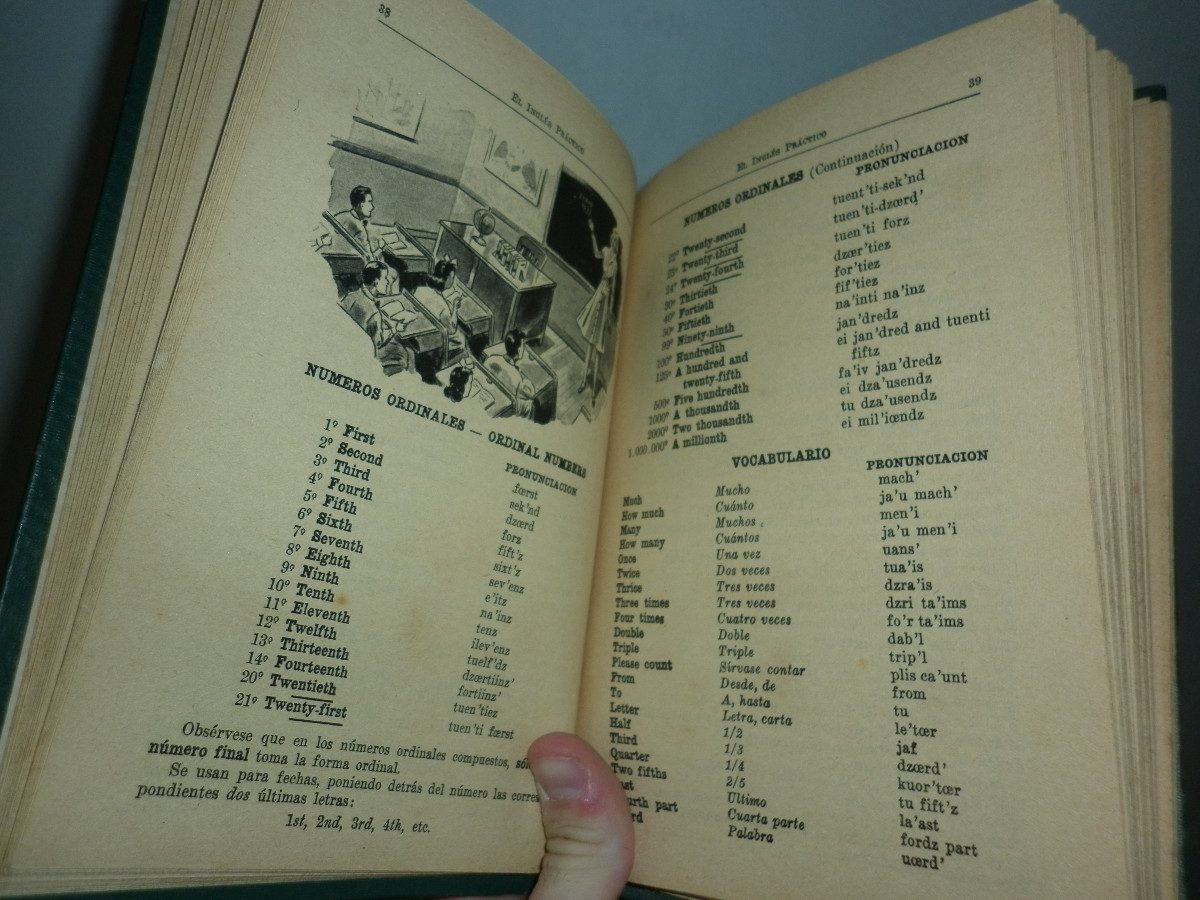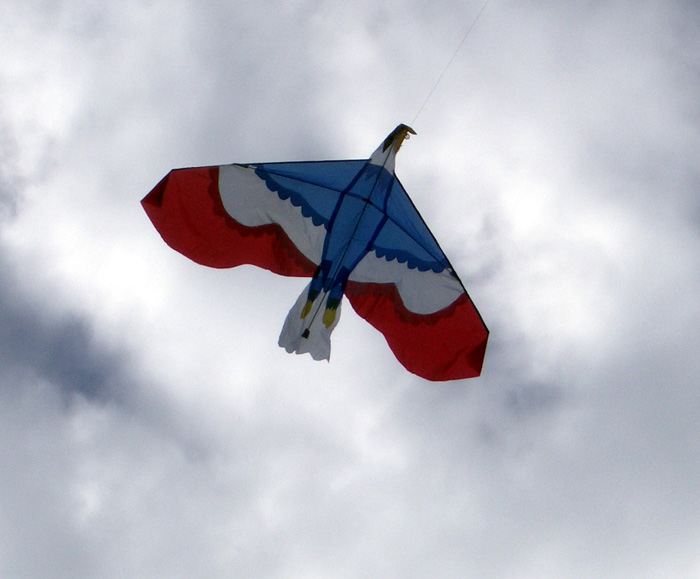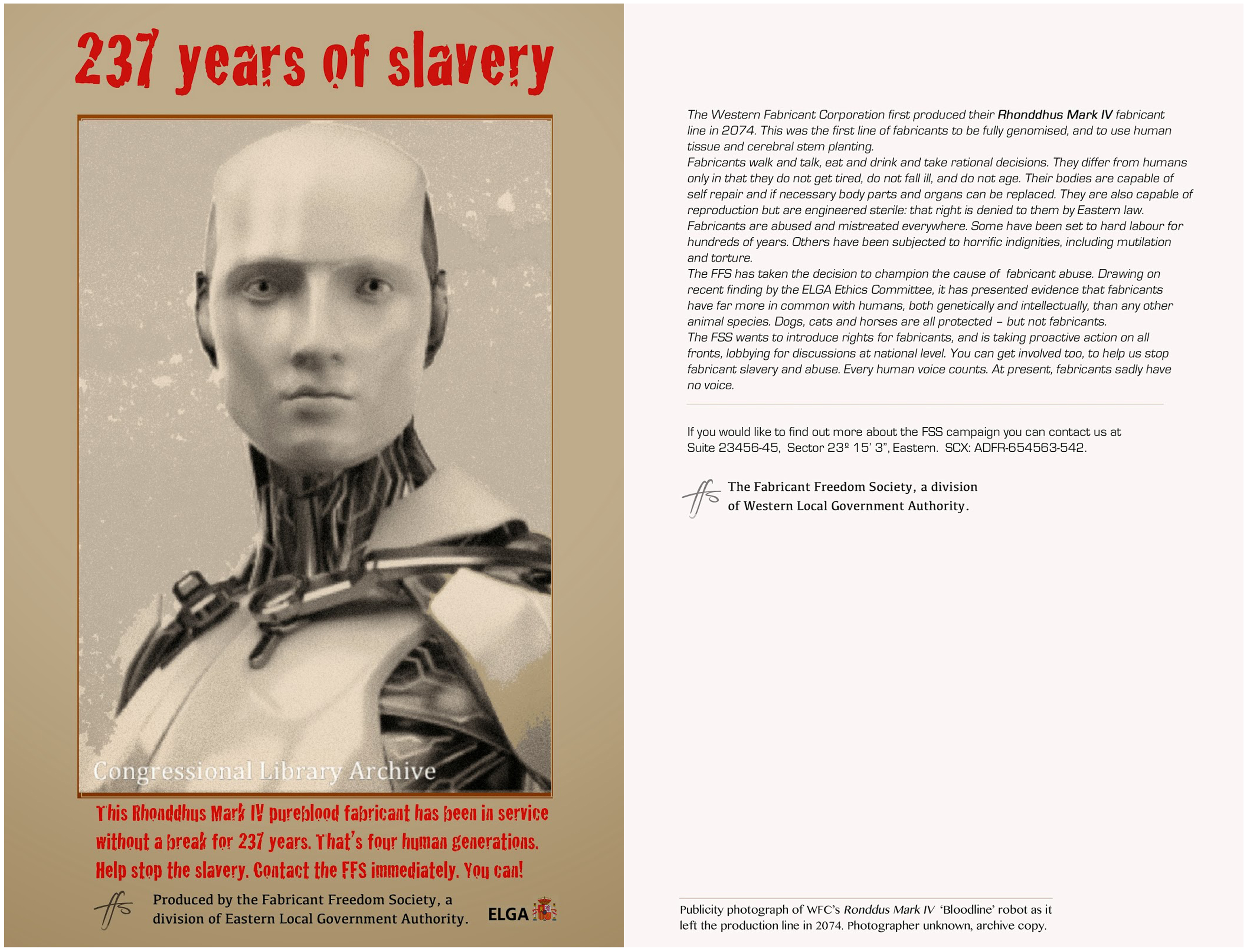The story of Aylen, Nahuel and the Magic Ball
This was an attempt to recapture the style and language of books I read as a child.
Long, long ago, there was a wicked witch who lived in the eastern foothills of the snow-capped Andes. For much of the year she was harmless for she would sleep through most of the spring, summer and autumn, but each year, as soon the first snowfall began to dust the lower slopes she woke up, hungry and ready for her first meal of the winter.
And each year, as wintertime drew on, the people in the valley became more and more frightened, because winter after winter their children were vanishing without trace. One moment they were there in the village, or playing in the nearby fields, and then suddenly they were gone, never to be seen again. The villagers all suspected that it was the witch who was stealing their children, but they had no idea how she did this, or what she did with the children she spirited away.
The witch had a secret – a sparkly, brightly coloured, magic ball, very attractive to children but quite invisible to grown-ups, or those whom the witch did not want to see it. Such was the power of this ball, and so great the children’s desire to play with it, that they would throw all caution to the wind and follow it anywhere.
One day two small children, Aylen and Nahuel, were playing by a lake in the foothills, about half a league from their home. Aylen suddenly spotted the shiny ball in the long grass and ran towards it with a shriek of excitement. But just as she bent down to pick it up the ball rolled forward just beyond her grasp, rolling gently a little further in the direction of the hillside.
Again Aylen tried to pick it up, and again it seemed to blow out of her reach, like a leaf in the autumn wind. Nahuel, who I should have told you was her brother, tried too, but he had no better luck. The two of them spent a happy ten minutes or so chasing the ball, but each time they thought they had it in their hands it rolled a little further forward. And, although they didn’t realise it, each attempt was taking them just a little bit closer to the mountain slopes.
The two children stopped for a moment to decide what to do. It really was time to be setting off for home, but somehow the desire to hold the ball or to follow it seemed to take over their common sense.
The shiny ball had come to rest for a while by a stream, lying under a bush lush with tempting red berries. The children were not slow to eat some of the fruit and wash it down with cool, fresh water, before setting off once more in pursuit of the elusive ball.
And so the afternoon wore on, with Aylen and Nahuel taking it in turns to chase the ball, albeit with no success, alongside the bubbling mountain stream as it ascended gently through the valley. What they didn’t really notice was that the ball kept stopping in places where there was fruit to eat and fresh water to drink –which they were unable to resist– and that it was taking them closer and closer to the steep mountainside.
They followed the ball alongside the brook into another valley where the sides of a canyon rose beside them as they made their way higher. It was darker here, and the landscape was much wilder, with stark rocks scattered among the sparse vegetation. Patches of snow were beginning to appear and flakes of snow were blowing up around them. Still the ball rolled on, more slowly now, until –as the air became colder and crisper– it finally rolled up against a black rock and stopped.
Aylen picked up the glittering ball and cradled it in the palm of her hands. As she gazed into the crystal depths of the magic ball, all flecked with gold and silver like the finest marble, the surface gradually clouded over and then, like a soap bubble, suddenly burst, leaving her hands holding … nothing. In fear and disappointment she began to cry, and her brother, finding that her hands were frozen, led her round to the northern side of the rock where she was sheltered from the bitter wind.
Aylen leant back against the side of the mountain and quickly dropped into a deep sleep. Nahuel sat beside her holding her hand and wondering what to do. “As soon as she wakes up”, he thought, “we must get back home”. But he too was beginning to feel drowsy, and after wresting for a while with increasingly heavy eyelids he too soon dropped off.
Some hours later Nahuel awoke and wandered down to the stream to wash his face and drink some refreshing water. Lying in the safety of the stone refuge her brother had found for her, Aylen was dreaming that she was safe in bed at home, her mother sitting beside her combing her hair. But her mother must have been angry with her, as she was tugging her hair roughly and hurting her so badly that she gave a whimper of pain and woke up.
She tried to get to her feet, but couldn’t move her head. Somehow her hair seemed to have become tied up in the rock and bushes where she was lying, or perhaps frozen to the rock. The wicked witch was weaving her magic, but would wait until dark for her dinner.
Nahuel heard his sister and ran towards her, but as he came close he came up against an invisible wall, soft yet firm, that would not let him go forward. He could see Aylen in front of him, small and frightened, but although he could hear her sad little voice he could not reach her.
“Nahuel, help me. I’m frightened!” cried Aylen through the invisible wall the wicked witch had made.
“I can’t”, said Nahuel. “There’s something stopping me. It’s like a fence you can’t see. I can see you but I can’t get through”.
“Can’t you climb over it?” asked Aylen.
“No”, replied Nahuel, “it seems to go up and up. What can we do”?
At that moment a large white owl flew slowly over their heads, and as it circled sang out to the children:
You can undo this wicked deed
Fire and heat are what you need.
“Did you hear that?” asked Aylen through her sobbing.
“Yes, Aylen”, replied her brother.
“What do you think it means?”
“I don’t know”, said Nahuel.
“Fire and heat. Why do we need fire and heat?” sniffled Aylen.
“I think it means that the terrible things in this valley are afraid of fire”.
“Then we have to get hold of some fire. But where?” asked Aylen.
“I’ll go and look. You stay here, and don’t move”, Nahuel said, showing no sign of movement.
Which was a fine thing to say, thought Aylen, who was completely unable to move even if she tried, but she didn’t say anything.
Just then a huge Condor swooped down and as it glided by they heard him call from on high:
Burning fire her death will stay.
Follow me, I know a way …
“I have to go”, cried Nahuel. “The condor must know something, and seems to want me to follow him. I’ll be back before nightfall”.
The Condor was circling above the children, as if waiting for Nahuel, to guide him.
“Yes, go and get fire”, said Aylen, in what she hoped was a brave voice. She certainly didn’t feel very brave.
She watched Nahuel set off down the hill, following the Condor, who glided from rock to rock, glancing behind to make sure the little boy was following him.
The big bird seemed to know where he was going, and Nahuel followed him along the stream, down the hill, until the stream reached a larger river. There he saw a little woodcutter’s cottage, with wisps of smoke puffing lazily from the chimney.
As Nahuel reached the door of the cottage the Condor soared into the sky and flew back over the mountains, until he was just a speck in the sky. It was as if his work was over. The door was ajar and Nahuel knocked timidly but there seemed to be nobody there. More boldly, he pushed the door open.
The cottage was empty, but clearly someone lived there. The fire was still going, but there was very little wood left so Nahuel did what he would do in his own home, that is he went out and gathered twigs and branches to build up the fire and fill the wood store. He filled his pockets and shoulder bag with kindling, and seeing that the water buckets were empty he also took those and filled them with clean water from the stream.
Back in the house he used his fire making skills and soon had a better fire burning. Exhausted by his efforts, he lay on the floor in front of the fire he had made and almost immediately fell asleep.
When he awoke he saw a man sitting on a three-legged stool, sipping from a mate and looking pensive. He offered some bread to Nahuel, and passed him the mate. Nahuel ate and drank greedily, while the woodcutter peered closely at him. As he ate and drank, Nahuel told the old man about his poor sister, breaking into tears, as he thought of poor Aylen all alone on the mountainside.
“It’s the work of the wicked old witch of the mountain”, muttered the woodcutter as Nahuel told his tale. “Tell me boy, how can we rescue your sister?”
Remembering what the Condor had said, Nahuel repeated “burning fire her death will stay”.
“Ah yes”, said the man, “the Condor is old and wise and always knows what to do”.
And at that moment the Condor, who had been back to the mountain to see how Aylen was, appeared at the doorway and called out:
The freezing cold now saps her will
But burning fire can save her still
It was clear what to do. The old man gave Nahuel a burning stick from the fire, and Nahuel ran out of the house, retracing his steps back up the mountainside to where his sister lay.
He came to a small lake. It didn’t seem very deep, and to save time he decided to wade through it. But as he ran the water splashed up on either side and after a few minutes the stick had become so wet that the water put out the flames. Feeling wretched, Nahuel turned round and ran back to the woodcutter’s cottage.
“Please give me a second stick”. I was foolish and the fire went out. This time I’ll run around the lake”.
The Condor, who was still there perched on a gatepost, called out:
Only fire can save her now
You have to get it there somehow
The woodcutter poked around in the fire and gave him a second stick, and this time Nahuel ran carefully around the edge of lake where he had lost the fire before, through bog and marsh and up the mountainside where his sister awaited him, only pausing to catch his breath.
But as he reached the place where the snow started he slipped on a patch of ice, and putting out his hands to steady his fall he thrust the burning stick into the deepening snow. Rising to his feet he saw he was now holding a charred, black useless stick. Crestfallen, he once again turned round and ran back to the woodcutter’s cottage.
The old man was waiting for him, and was pleased to give him a third chance. Just then the Condor flew back, and they listened to what he had to say:
The cold, cold night is drawing on
Without fire she’ll soon be gone
For the third time Nahuel set off, back up the mountainside, this time clutching the burning stick so tightly that his hand ached. Carefully he made his way through lake and marsh, hill and valley, until once again he reached the place where the snow started.
It was so slippery that he could hardly walk, and poor Nahuel was frightened that he would drop the burning branch in the snow again. But at that moment a pure white flamingo appeared by his side and ran beside him, wings spread wide. Nahuel put his free hand on one of her wings, and thus balanced, he was able to continue on his way.
Faster and faster the flamingo hurried, and Nahuel gripped her tighter and tighter. Suddenly he found his feet were no longer touching the ground. The flamingo was flying now, and the two of them were soaring up the last bit of mountain to where Aylen lay.
Nahuel was hanging on to the flamingo for dear life, and could see the burning stick, fanned into flames by the wind as they few, burning the poor flamingo’s neck and breast badly. But the noble bird did not complain and very soon they arrived at the rock where Aylen was lying. As Nahuel approached with the burning stick in his hand he found that the invisible wall was no match for the fire, and with only a little difficulty he was by his sister’s side.
He threw the burning stick into some dry moss at the foot of the rock. The moss crackled and hissed, and suddenly burst into a small flame. In his pocket and shoulder bag he still had some twigs and small sticks that he had gathered for the woodcutter, and with some fanning and blowing he soon had a blazing fire.
Suddenly there was a great crack, a horrible scream and the rock split into a thousand pieces, breaking the witch’s spell and freeing Aylen. The little girl hugged the flamingo, trying to soothe its burns, but for all her efforts she could not completely heal the poor bird and to this day its descendants carry in their crimson feathers the marks of this one bird’s bravery.
The wicked witch was never heard of again. Some say she crossed over the Andes and went to play her tricks in another land. As for Aylen and Nahuel, they lived long in that quiet valley in the foothills among the birds they loved, and the shiny coloured ball soon became a distant memory.





